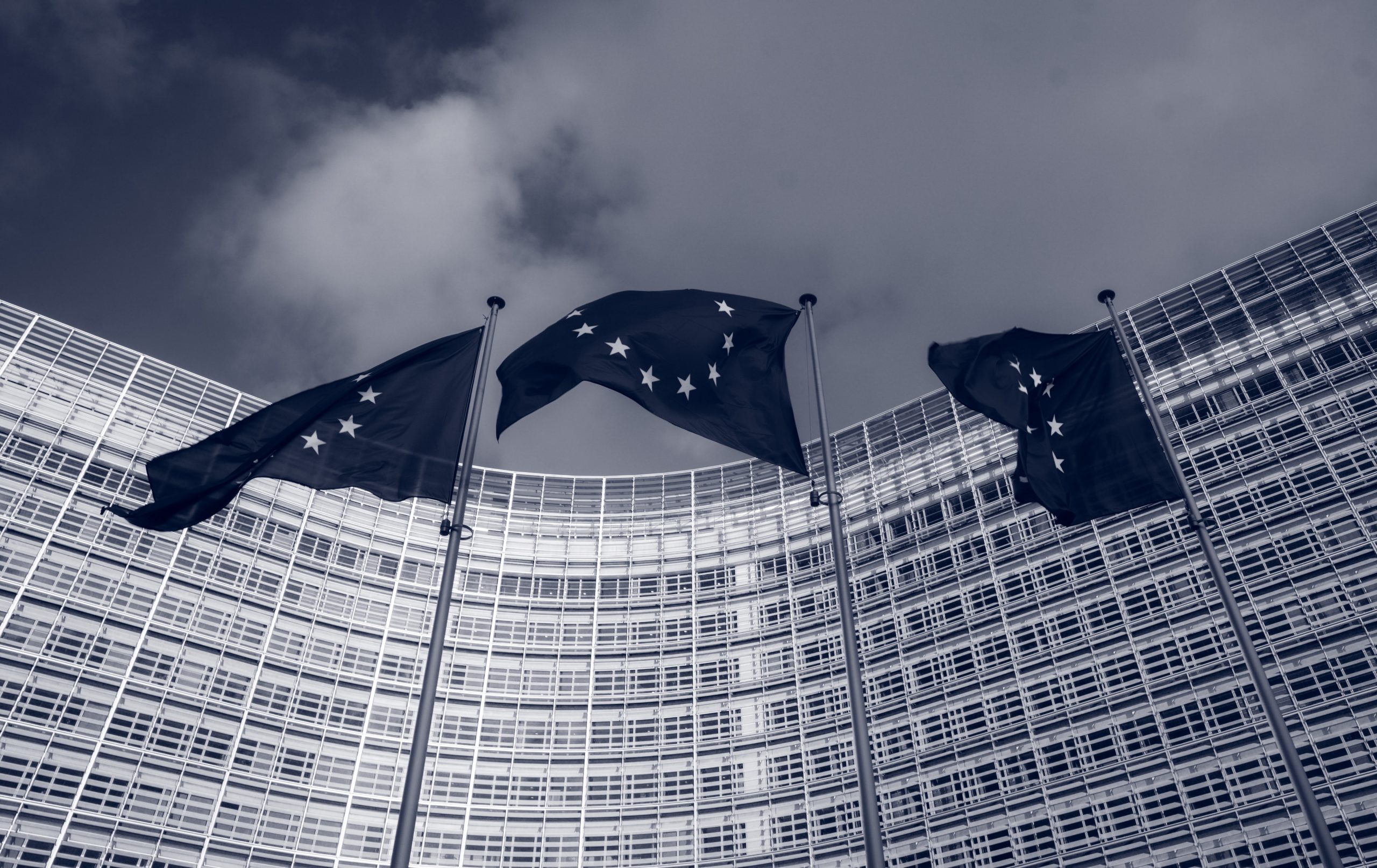Six members of the European Parliament (MEPs) from the Subcommittee on Human Rights (DROI) visited the Philippines from 22-24 February 2023 for an assessment of the current human rights situation and readiness of the Philippine government to act. The EU delegation met with representatives from various government agencies, including the Secretary of Justice, Secretary of Trade and Investment and various members of the Congress, as well as representatives from human rights organisations in Manila.
The MEPs underlined towards the government that the EU welcomes the new approach of the anti-drug campaign with a rehabilitation and prevention focus. However, as DROI Vice-Chair Hannah Neumann said, the EU is deeply concerned that extrajudicial killings related to the so-called “war on drugs” continue to take place. Neumann also stressed that prosecution of the perpetrators is slow. Despite at least 6,000 cases of extrajudicial killings, only 20 criminal cases were filed and three perpetrators convicted.
During the talks, MEPs advocated for cooperation with the International Criminal Court (ICC) to investigate human rights violations in the anti-drug campaign under ex-President Rodrigo Duterte. This would demonstrate the Philippine government’s commitment to its human rights obligations. Moreover, rejoining the ICC, as well as dropping the charges against ex-senator Leila de Lima, would send a “strong” signal of the government to be committed to comply with international human rights standards, the MEPs underlined. This call was also shared by the international human rights organisation Amnesty International. The EU delegation had earlier visited De Lima in prison and also called for the release of lesser-known political prisoners.
This attitude towards human rights, Neumann explained, is what the EU would expect from Generalised Scheme of Preferences Plus (GSP+) partner countries like the Philippines. The GSP+ grants duty-free access to Europe for more than 6,000 Philippine products – participation in the programme is conditional on meeting international human rights standards. The Philippines’ new application will be considered over the next two years. In order to maintain trade preferences, clear action by the Philippine government on its responsibility to uphold human rights is necessary, Neumann said.
Neri J. Colmenares, former congressman and president of the National Union of Peoples’ Lawyers, said the meeting with the EU played a crucial role and criticised the failure to prosecute the perpetrators of the numerous extrajudicial killings in the “war on drugs”.
For Senator Francis N. Tolentino, the meeting with the EU delegation was a step into the right direction, while former police chief Senator Ronald M. de la Rosa, perceived the discussion as very intense and saw the sovereignty of the Philippines undermined by the statements of the MEPs.
Opposition Senator Risa Hontiveros welcomed the EP-delegation’s call to support the ICC’s independent investigation. For Hontiveros, this cooperation is an important step towards exhausting all means to create transparency as well as justice for the victims of the anti-drug campaign.
MEPs also called on the government to stop the so-called “red-tagging” (i.e. accusations of supporting the communist insurgency) of critical voices and to adopt a proposed legislation to protect human rights defenders. They also expressed support for the decriminalisation of defamation and online libel.
Photo © Christian Lue

